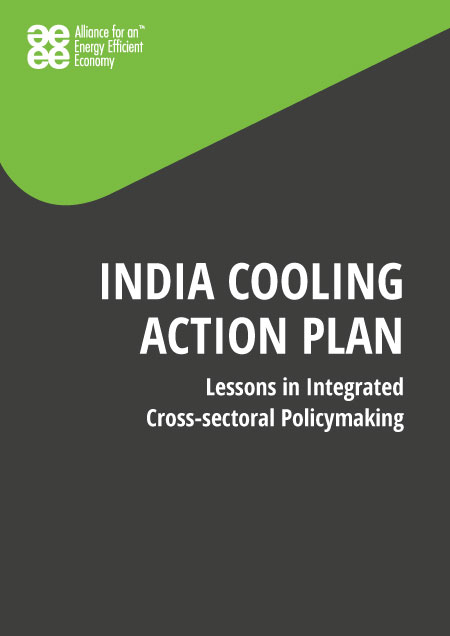India Cooling Action Plan: lessons in integrated cross-sectoral policymaking

India currently has low access to cooling, but its population growth, economic progress, and rapid urbanisation, coupled with global warming trends, will drive an 8X increase in the demand for cooling in the next two decades. While India’s projected cooling growth is in step with its development needs, this growth, under a business-as-usual scenario, portends adverse power system and environmental impacts. Against this backdrop, the Ozone Cell of the Ministry of Environment, Forest, and Climate Change, Government of India proactively led the development of the India Cooling Action Plan (ICAP) 2019 –an essential macro-level policy tool to manage India’s cooling growth while neutralising the potential harmful impacts and securing important socio-economic benefits for the population. ICAP is widely recognised as a model national cooling action plan for its depth, cross-sectoral spirit, and multistakeholder development framework. The ICAP development process (Jan 2018 to Mar 2019) demonstrated high inter-ministerial collaboration and active participation from the triple sector – with 13 public sector, 8 private sector, and 4 knowledge sector entities as part of the core Working Groups, and many other stakeholders engaged through a collaborative process. The team of authors from the Alliance for an Energy Efficiency Economy (AEEE) were intimately involved in the ICAP development process from inception to completion. AEEE led two of the seven Working Groups established for sector-specific analysis and supported the Ozone Cell in the synthesis and integration of all the working-group outputs into a cohesive ICAP report, providing strategic guidance in the Steering and the Inter-ministerial Committees. This paper will present the lived-in experience of the AEEE ICAP team, in terms of the lessons gleaned from the innovative ICAP development process that can find broad applicability in integrated and cross-sectoral energy efficiency policymaking for long-term socio-economic benefits and synergies, in not just cooling but also other end-uses that cut across multiple government portfolios.
